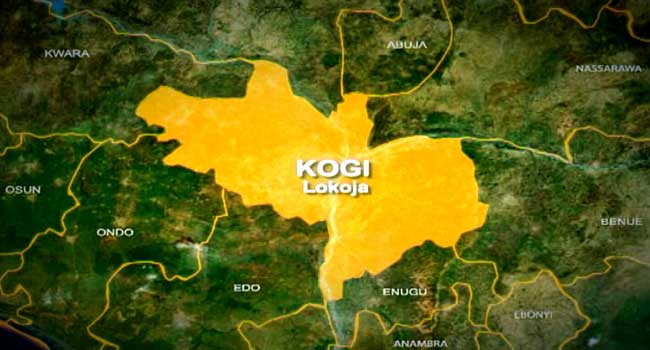The unfolding trial of Ali Bello, nephew of former Kogi State governor Yahaya Bello and current Chief of Staff to Governor Usman Ododo, along with three others – Yakubu Isiaka Adabenege, Abba Adaudu, and Iyada Sadat – on charges of money laundering and misappropriation of public funds has begun to reveal a complex web of financial transactions. The Economic and Financial Crimes Commission (EFCC) alleges the defendants orchestrated a scheme to divert over N3 billion belonging to various Local Government Areas (LGAs) in Kogi State through private accounts. The prosecution is meticulously building its case, presenting witness testimony and documentary evidence to expose the alleged illicit flow of funds.
A key witness in the ongoing trial, Remigius Egu, a compliance officer with Zenith Bank, provided crucial insights into the movement of funds. Egu’s testimony centered around the account of Korforte Concept Limited, a company allegedly used as a conduit for the diverted public funds. He detailed a series of substantial inflows into Korforte’s account on a single day, October 4, 2023. These inflows, originating from various LGAs in Kogi State, totaled millions of Naira. The specific amounts from each LGA were meticulously documented: Ogori Magongo LGA (N14,844,640.57), Ibeji LGA (N18,629,944.51), Adavi LGA (N20,887,557.54), Kogi LGA (N17,929.59), Kabba/Bunu LGA (N18,460,569.12), Ajaokuta LGA (N22,764,334.70), Okene LGA (N20,758,710.37), Yagba West LGA (N18,234,063.61), and Ofu LGA (N21,368,633.69). Egu’s detailed account provides the prosecution with a clear picture of the alleged diversion of funds.
Further solidifying the prosecution’s case, Egu presented documents marked “Exhibits E and E1,” confirming their origin from Zenith Bank. He also testified about a letter dated March 16, 2022, addressed to the EFCC Zonal Commander. This letter pertained to an account belonging to the second defendant, Yakubu Isiaka Adabenege, and contained transaction evidence from the bank. This link between Adabenege and the alleged financial flows is crucial to establishing the connection between the defendants and the misappropriated funds. The EFCC’s meticulous presentation of banking records aims to trace the path of the funds and establish a clear chain of custody, demonstrating how the money was allegedly diverted from public coffers into private accounts.
Prior to Egu’s testimony, the prosecution presented another witness, Oyinkosola Akerele Shukurat, Managing Director of Forza Oil and Gas Limited. Shukurat’s testimony revealed a separate but potentially related financial trail. She testified that her company received payments from a customer, Abdul Bashir, for the purchase of US dollars. These dollars, totaling $139,000, were purportedly used to pay the school fees of Fatima, Na’ima, and Zara Bello, identified as children of Ali Bello, at the American International School, Abuja. Shukurat’s testimony detailed the breakdown of payments: $44,700 each for Fatima and Na’ima Bello, with supporting financial records presented to the court. This particular line of inquiry suggests the possibility that the misappropriated funds were used to finance personal expenses, further strengthening the prosecution’s case.
The connection between the alleged diversion of LGA funds and the school fees payments raises significant questions about the potential misuse of public resources for personal gain. The EFCC’s strategy appears to be to establish a clear link between the diverted funds and the benefits accrued by the defendants, demonstrating a pattern of enrichment allegedly derived from illicit activities. The prosecution aims to paint a comprehensive picture of the alleged financial scheme, illustrating how the funds were siphoned, laundered, and ultimately utilized.
The trial is scheduled to continue on May 5, 19, 20, and 21, 2025, under the jurisdiction of Justice Obiora Egwuatu. The prosecution is expected to present further evidence and witnesses to support their allegations. The defense will have the opportunity to cross-examine witnesses and present their own evidence to counter the charges. The outcome of this trial will have significant implications for the fight against corruption and the accountability of public officials in Nigeria. The detailed testimony and documentary evidence presented so far suggest a complex case with potentially far-reaching consequences.














